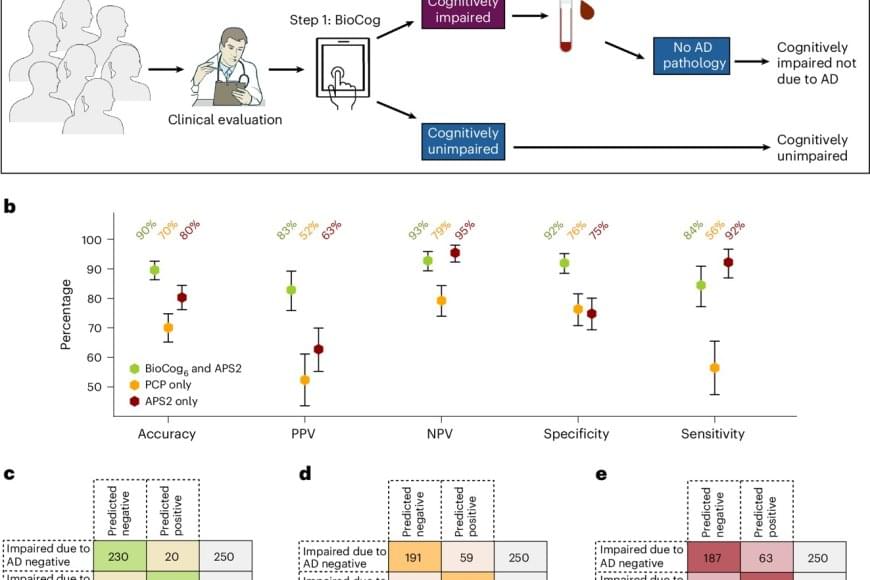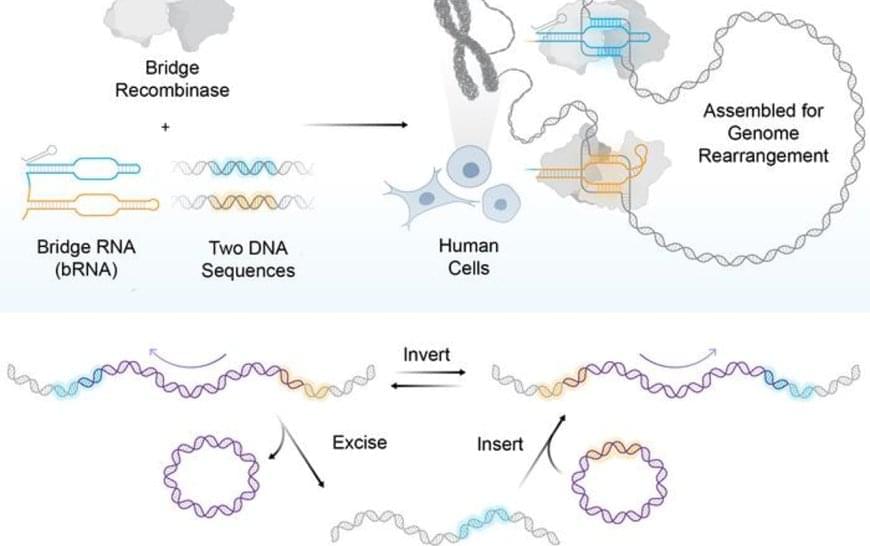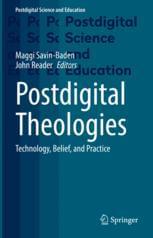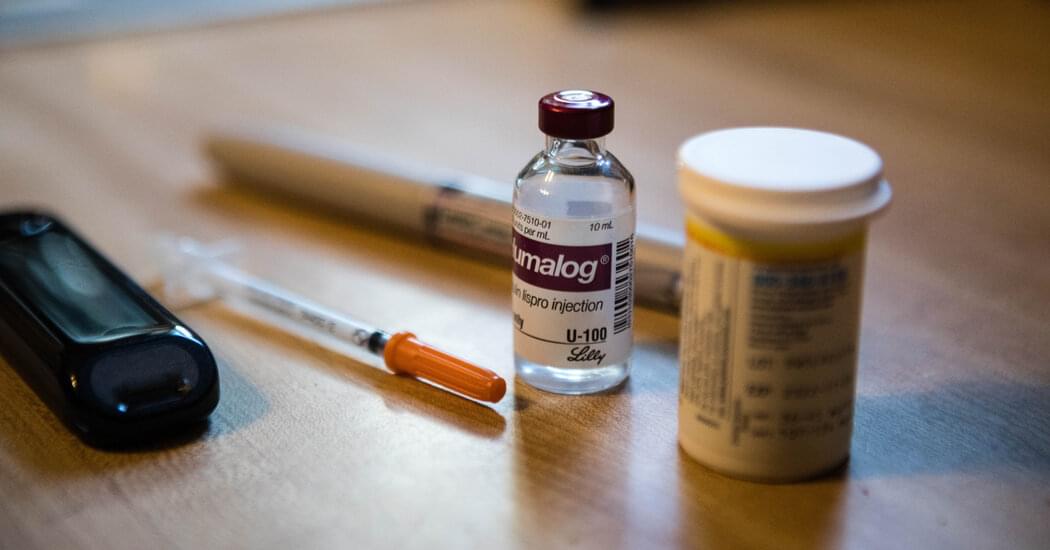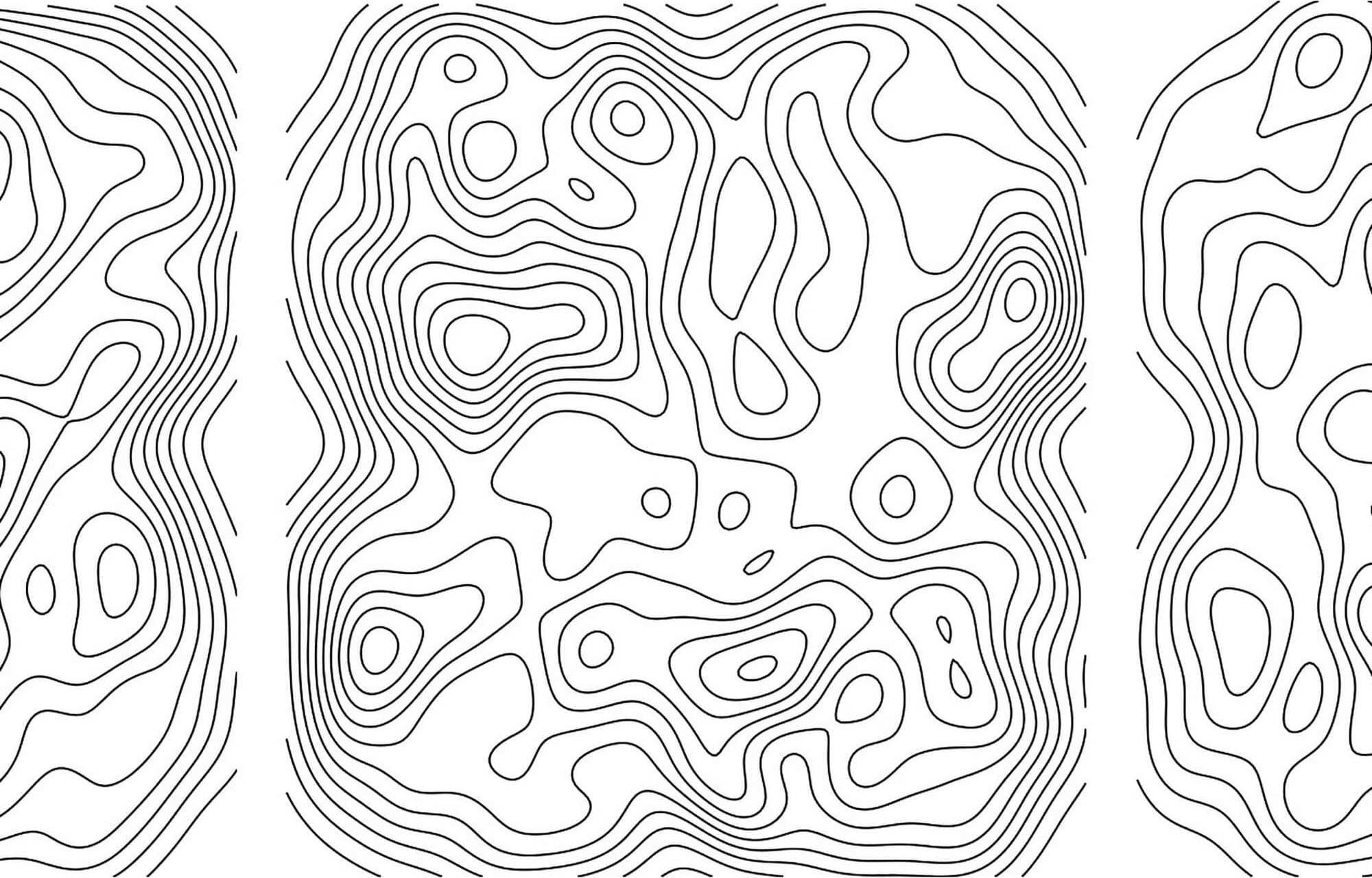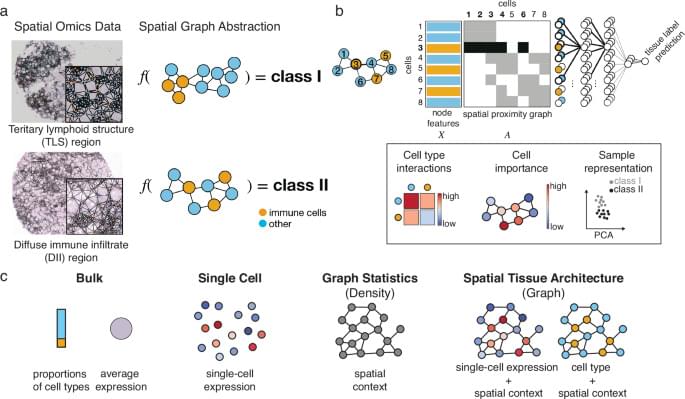“The unique aspect of our BioCog test is that unlike other digital tests, it has been evaluated in a primary care population, i.e. patients seeking treatment at a health centre because they are experiencing cognitive problems, such as memory problems. Combining the results of the digital test and the blood test increases the accuracy of diagnosing Alzheimer’s disease. The purpose of the test is to make things easier for primary care doctors,” says one of the authors.
The digital test is done by the patient individually on a tablet computer. The test measures:
Alzheimer’s disease is the most common cause of dementia. As new disease-modifying treatments for Alzheimer’s disease are now becoming available, both early and accurate diagnosis in a resource-efficient assessment process are becoming increasingly important, as not everyone responds to the new drugs. Seeking medical care for cognitive impairment is not necessarily the result of Alzheimer’s disease – it can for example be caused by depression, fatigue or other dementias.
“Primary care does not have the resources, time or specialist knowledge to investigate possible Alzheimer’s disease in the same way as specialised memory clinics. And this is where a digital cognitive test can make the biggest difference,” says the senior author.
Unlike pen-and-paper tests, which are generally used to assess cognitive impairment, digital tests provide a more detailed picture. More aspects and new variables that could not previously be measured as easily are included.
